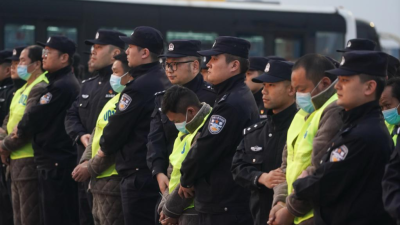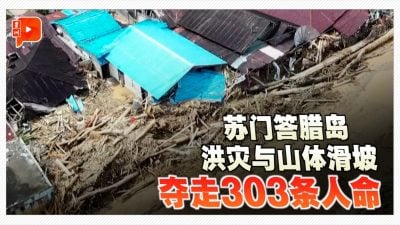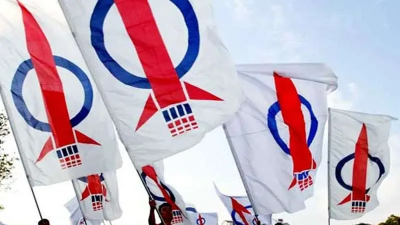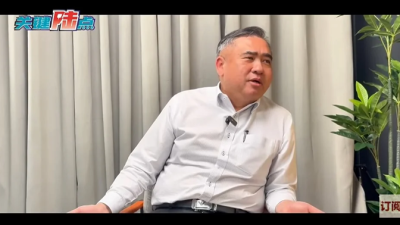When Indonesia took over the Asean chairmanship this year, President Joko “Jokowi” Widodo highlighted the importance of Asean as an anchor for global stability and cautioned against the grouping being used as a proxy to any powers.
He emphasized that “Asean should not let current geopolitical dynamics turn into a new cold war in our region.”
As Indonesia hosts the first Asean Summit of the year next month, it will be reminded once again that its success as the Asean chair will be determined by how it manages strategic competition in the region and the challenges within the grouping such as Myanmar.
Much as the region is increasingly viewed as an arena of major power competition as noted in the State of Southeast Asia 2023 Survey Report, Asean is not without its options.
In responding to the intensifying United States-China rivalry, the report has shown that the region favors the option of enhancing Asean’s resilience and unity to fend off pressure from the two major powers (45.5 percent of respondents).
A smaller proportion of respondents felt that Asean should continue its position of not siding with the two major powers (30.5 percent) or seek out “third parties” (such as the European Union, Japan, India, Australia, or the United Kingdom) to broaden its strategic space and options (18.1 percent).
Such findings seem to indicate that Southeast Asian respondents desire Asean to exercise its agency and play a greater role in the region.
Asean in itself may present an alternative course of action to avoid a binary choice. This goes beyond Asean’s de facto position as a bridge or geostrategic buffer between US, China and other major powers.
Asean can have greater agency beyond being a link or convenor of meetings.
Australian Foreign Minister Penny Wong in a national press club session in Canberra earlier this week underscored that middle powers like Australia and Southeast Asia have agency to create a peaceful region.
That means that Asean in and of itself may strive to be a power to hedge against the major power rivalries and competition, ensuring that the region’s trajectory lies more in its own actions, rather than those of major powers.
For that to happen, Asean will need to capitalize on its own initiatives or actions to strengthen the grouping and its relations with external partners based on their individual merits and issues rather than through the lenses of major power rivalry.
Despite a myriad of national interests and varying degrees of alignment among its member states, Asean as an organization has stayed clear of ideology-driven decision-making and extreme positions.
It should continue to forge a cooperative regional order built on a culture of pragmatism and accommodation as observed by Kishore Mahbubani.
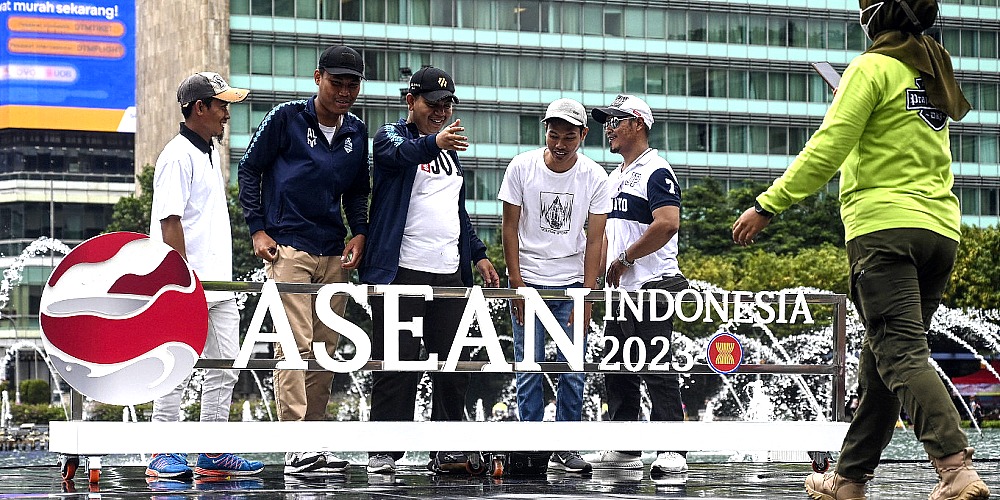
Asean can focus on three key aspects to boost its relevance amidst competition and rivalries.
First, Asean should continue to promote its multilateral instruments such as the Treaty of Amity and Cooperation in Southeast Asia (TAC) to highlight the importance of universal principles such as the renunciation of the use of force and the settlement of disputes by peaceful means – principles that are eroding following Russia’s invasion of Ukraine and China’s increasing military pressures in the Taiwan Strait.
Ukraine’s accession to the TAC last November boosted Asean’s image as a promoter of peace and will encourage more parties to accede to the treaty.
Similarly, the Southeast Asia Nuclear Weapon-Free Zone (SEANWFZ) Treaty reflects Asean’s commitment to preserving Southeast Asia as a region free of nuclear and other weapons of mass destruction.
Asean is encouraging the five official nuclear weapon states (China, France, Russia, the United Kingdom, and the US) to sign the protocol to the treaty to provide legally-binding security assurances not to use or threaten to use nuclear weapons against Asean members.
This may prove to be challenging considering the growing nuclear threats.
However, China has indicated its willingness to sign the treaty and may set an example for others to follow.
Second, Asean should make greater use of its premier leaders-led mechanism such as the East Asia Summit (EAS) to promote more constructive dialogue and practical cooperation in emerging issues such as food and energy security.
Asean’s stronger leadership role in the EAS will help manage the divide between major powers including China, Russia and the US.
Asean-led trade mechanisms such as the Regional Comprehensive Economic Partnership (RCEP) may also be utilized to promote greater interconnections between major powers and Asean countries.
Encouraging more external parties to join the agreement will strengthen the multilateral trading system and foster more networks that will be hard to decouple.
Third, Asean should support Indonesia more in implementing the Asean Outlook on the Indo-Pacific (AOIP).
While most Indo-Pacific strategies (including the Quad countries) are aimed at countering China, the AOIP promotes inclusive cooperation and enjoys the support of China and Russia.
Indonesia’s plan to organize the Indo-Pacific Forum in September this year will help identify concrete projects and activities among Asean’s partners in maritime security, connectivity, sustainable development, and economic cooperation.
As Indonesia is almost reaching its halfway point in its chairmanship, it is running out of time to achieve its long list of priorities. This includes strengthening Asean’s capacity and institutional effectiveness in addressing the growing global challenges as well as positioning Asean to play a leading role in the region.
The next few months will tell if Indonesia’s ideas and leadership are sufficient to revitalize Asean and bring it to the next level.
(Joanne Lin is coordinator of the Asean Studies Center at ISEAS-Yusof Ishak Institute in Singapore and lead researcher (political-security) at the center.)
ADVERTISEMENT
ADVERTISEMENT






